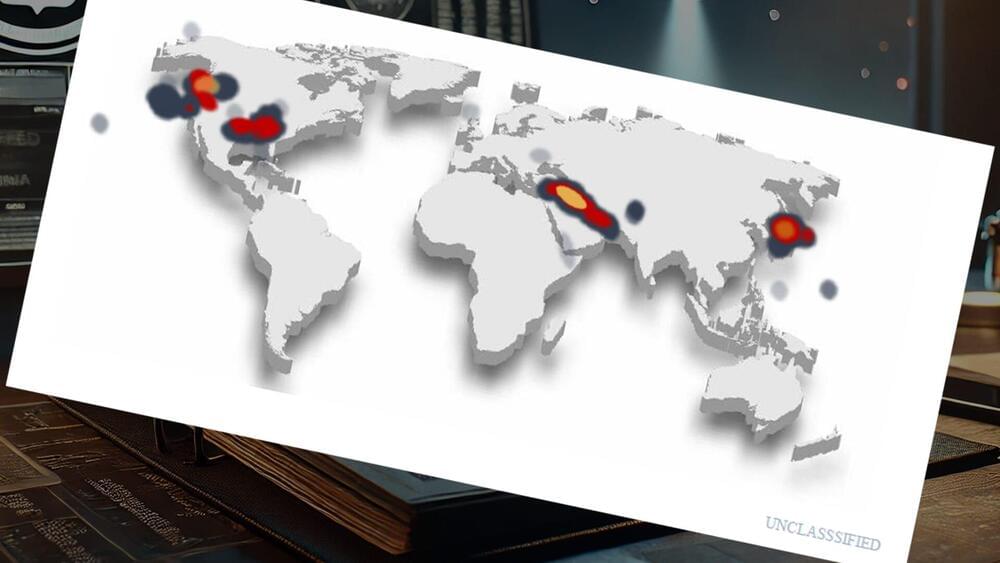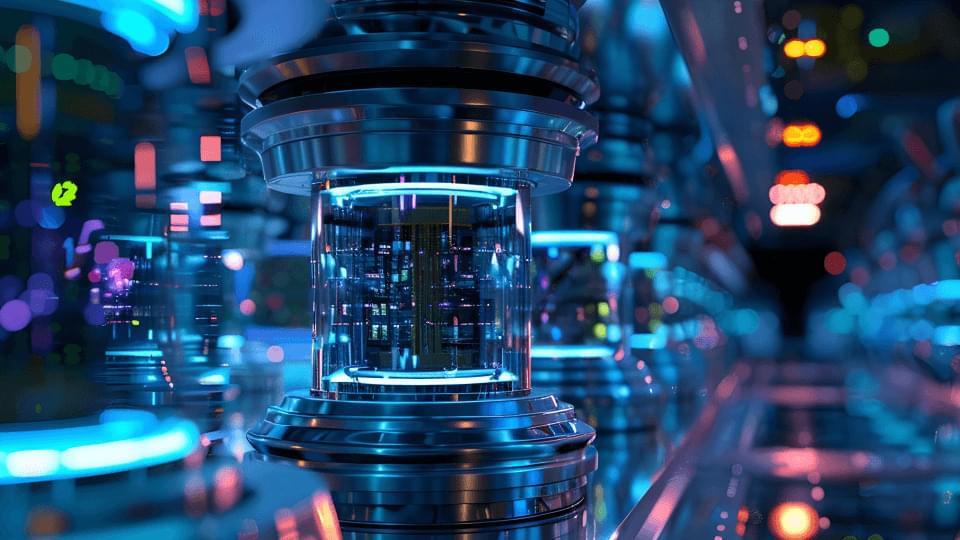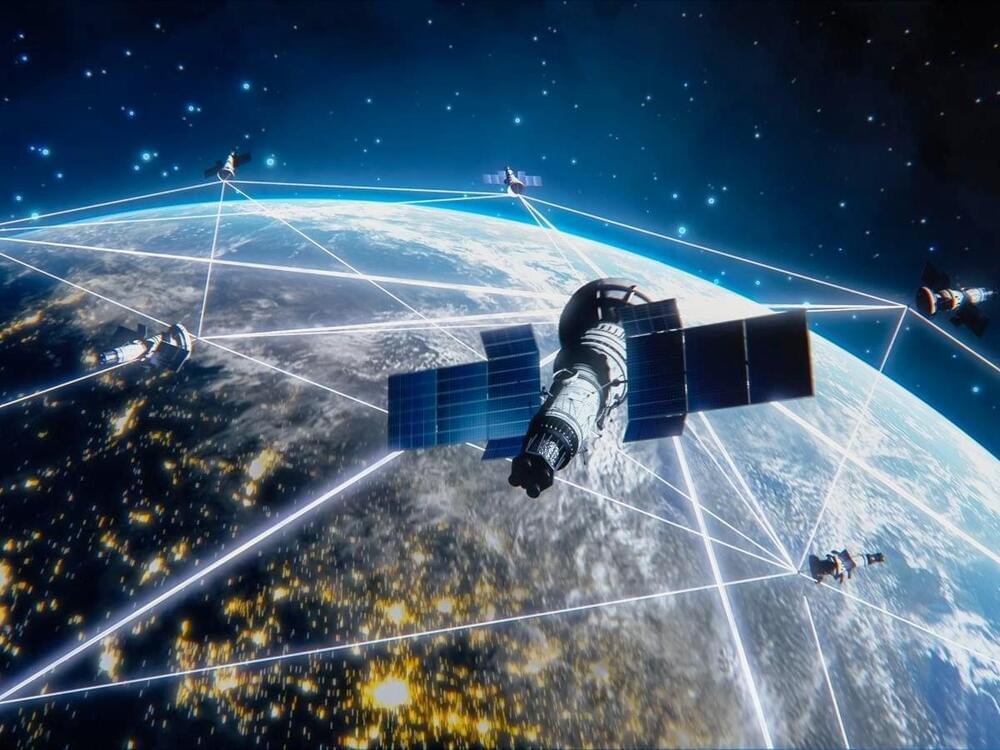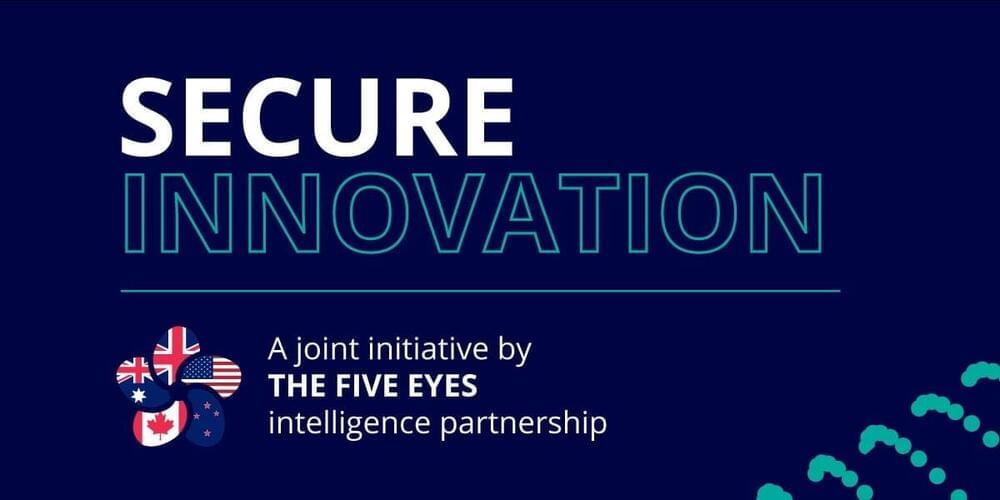Nov 15, 2024
DoD Releases 2024 UAP Annual Report: 757 New Sightings Recorded Amid Growing National Security Concerns
Posted by Saúl Morales Rodriguéz in categories: government, security, space
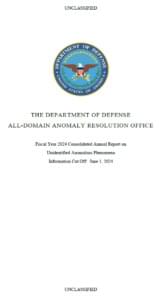 The Department of Defense (DoD), alongside the Office of the Director of National Intelligence (ODNI), delivered its 2024 Annual Report on Unidentified Anomalous Phenomena (UAP) to Congress this week, fulfilling requirements outlined in the National Defense Authorization Act (NDAA) for Fiscal Year 2022, with amendments from the FY 2023 NDAA. The report, produced by the DoD’s All-Domain Anomaly Resolution Office (AARO), presents a comprehensive update on UAP sightings and analyses, covering incidents reported from May 2023 through June 2024.
The Department of Defense (DoD), alongside the Office of the Director of National Intelligence (ODNI), delivered its 2024 Annual Report on Unidentified Anomalous Phenomena (UAP) to Congress this week, fulfilling requirements outlined in the National Defense Authorization Act (NDAA) for Fiscal Year 2022, with amendments from the FY 2023 NDAA. The report, produced by the DoD’s All-Domain Anomaly Resolution Office (AARO), presents a comprehensive update on UAP sightings and analyses, covering incidents reported from May 2023 through June 2024.
According to the report, AARO received a total of 757 UAP reports during this period. Out of these, 485 incidents occurred within the last year, while the remaining 272 involved sightings from 2021 and 2022 that had not been previously cataloged. These new additions bring the total number of UAP cases reviewed by AARO to over 1,600 as of June 1, 2024.
The DoD emphasizes that UAP reports are critical to national security. Every incursion into designated air, sea, or space zones is taken seriously, with each sighting undergoing a systematic, data-driven analysis. AARO’s mandate includes examining these sightings for potential threats to service members, U.S. facilities, and sensitive operations.
